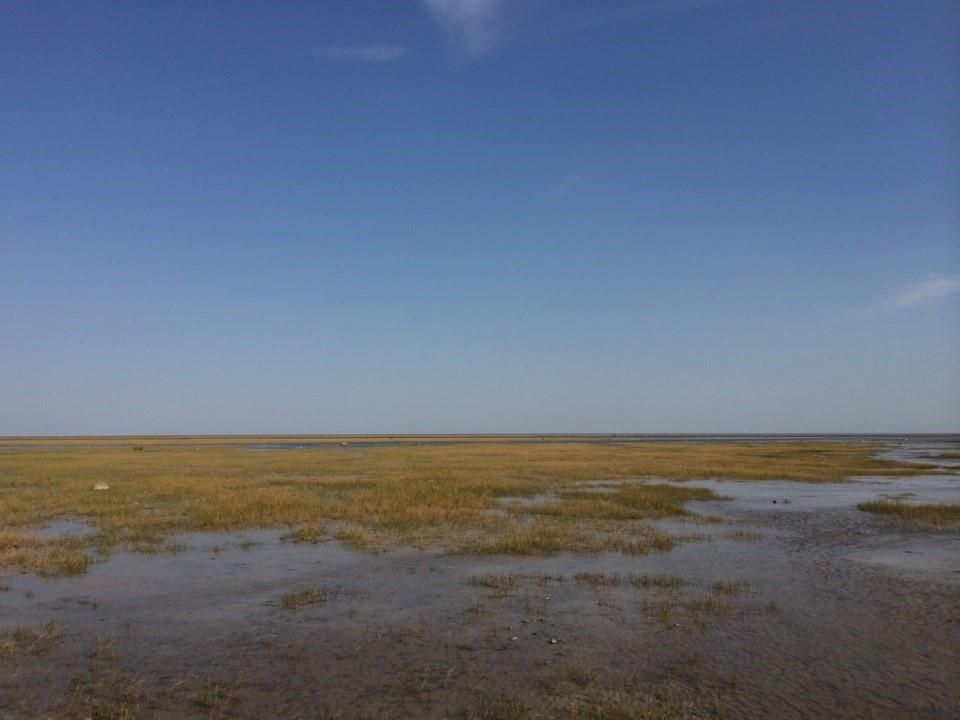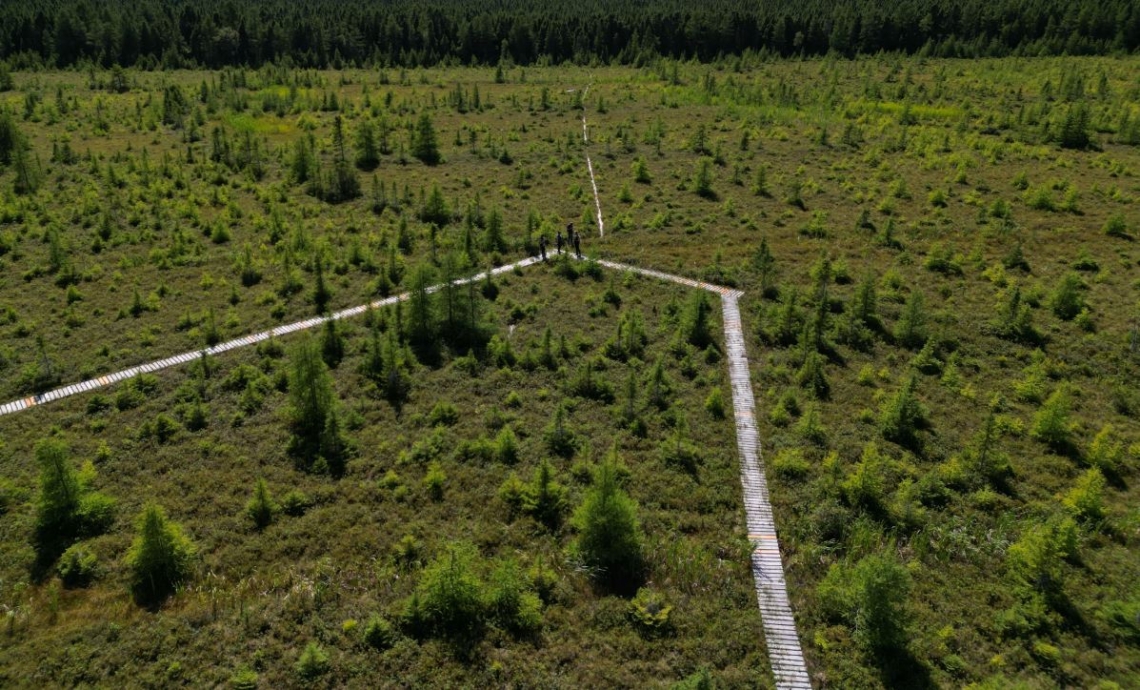Integrated land use
Content related to: Integrated land use
Overwintering Fires Can Occur in Both Peatlands and Upland Forests with Varying Ecological Impacts
NWT Community-based Water Monitoring 10-year Summary Report 2025
New Study Reveals Massive Carbon Stores in Hudson and James Bay Peatlands

As debate around the Ring of Fire intensifies, new research is bringing fresh urgency to the conversation.
The Hudson and James Bay lowlands, home to some of the most expansive peatlands on the planet, contain an estimated 30 billion tonnes of carbon, enough to meaningfully shape global climate trajectories if released, according to the new study.
The five-year collaboration between WWF-Canada, Mushkegowuk Council’s Department of Lands and Resources, and McMaster University’s Remote Sensing Lab was published in Geophysical Research Letters.
It maps peat depth and calculates carbon storage across a vast region of muskeg, wetland, and subarctic forest.
James Snider, vice president of science, knowledge and innovation at WWF-Canada, said the findings reinforce the global importance of protecting the area.
“The headline message is, this is a globally significant area,” he told TimminsToday.
“The amount of carbon here is vast. From a conservation perspective, it only reaffirms the importance of special management and stewardship activities, knowing that this carbon is so important.”
Warmer Sphagnum Moss, Less Soil Carbon Loss: Anaerobic Respiration and Temperature Response along a Boreal Forest-peatland Ecotone
Data and Knowledge Needs for Improving Science and Policy for Peatlands in Canada in a Changing World: Insights from Global Peatlands Initiative Workshop, June 2023
May 2025 Wetland Knowledge Exchange Newsletter
Yukon Guide de Terrain des Milieux Humides
Yukon Guide de Terrain des Milieux Humides
When do Restored and Reclaimed Peatlands Regain their Typical Carbon Sink Function?

Human activities, like resource extraction, inevitably overlap with peatland areas. While only an estimated 2% of Canadian peatlands have been disturbed to date, ongoing human development will continue to impact new areas. These industrial activities disrupt the natural ability of peatlands to sequester atmospheric carbon dioxide (CO2) and store it as soil carbon. Depending on the disturbance type and how it changes the normal conditions present in that peatland, impacted areas may also release previously stored soil carbon as CO2 or methane (CH4). These changes to the usual greenhouse gas (GHG) exchange have significant global implications for climate regulation, so ecological restoration or reclamation is necessary for disturbed areas to regain their normal GHG functions.
Restoration/reclamation trials originating on former horticultural peat extraction sites have repeatedly demonstrated that rewetting and revegetating the site with peatland species can return a self-sustaining peatland plant community. These trials have culminated in recommended best management practices that utilize the moss layer transfer technique (MLTT) to introduce a multi-layered plant community of diverse mosses and vascular species. New trials for other disturbance types like oil and gas mineral well pads are also demonstrating success using similar methods. However, few restoration/reclamation trials have measured the GHG exchange response due to the labour-intensive nature of field GHG measurements. The results of the available studies provide a mixed picture because of the many interactions between peatland setting, disturbance type, restoration strategy, and the different study designs. There is also a lag period after groundwork and revegetation activities are applied that needs to be accounted for as the plant community re-establishes.

